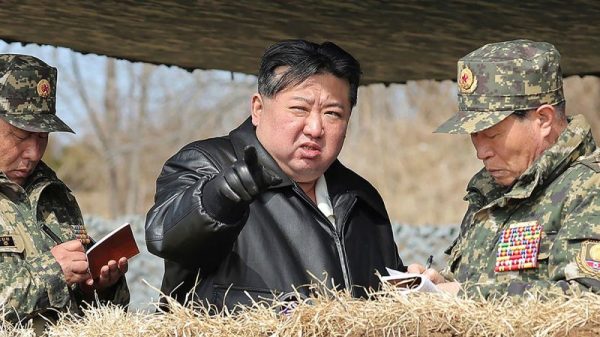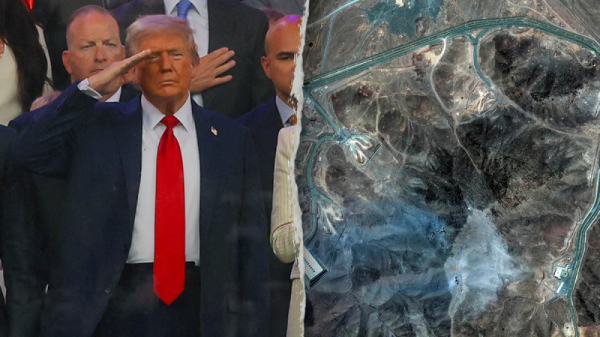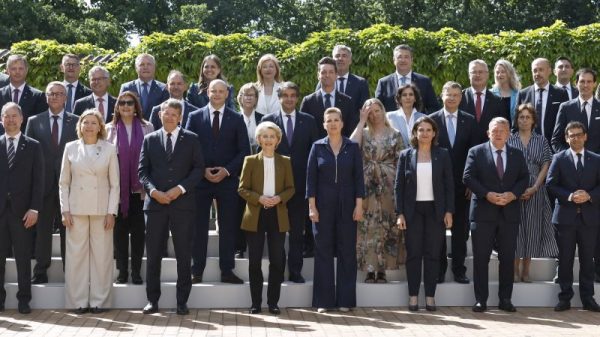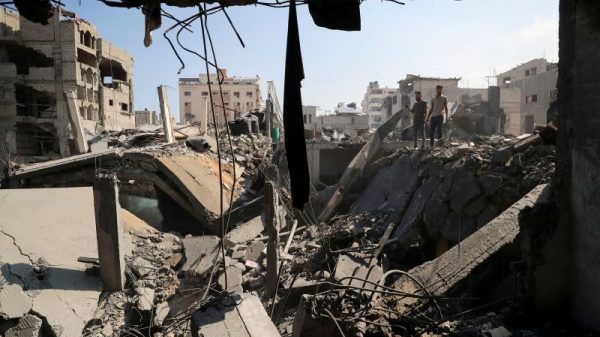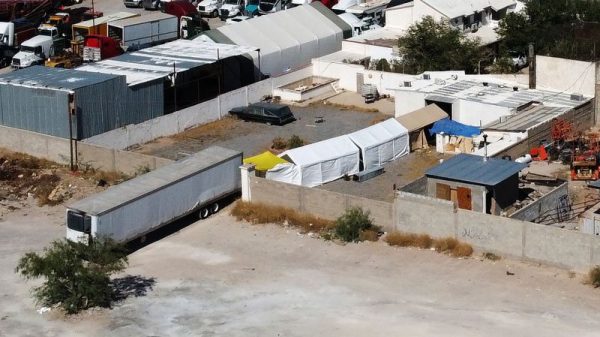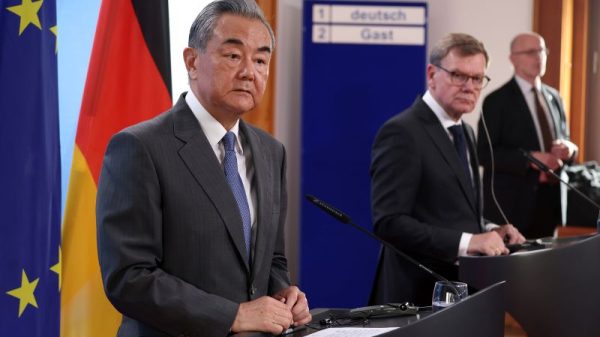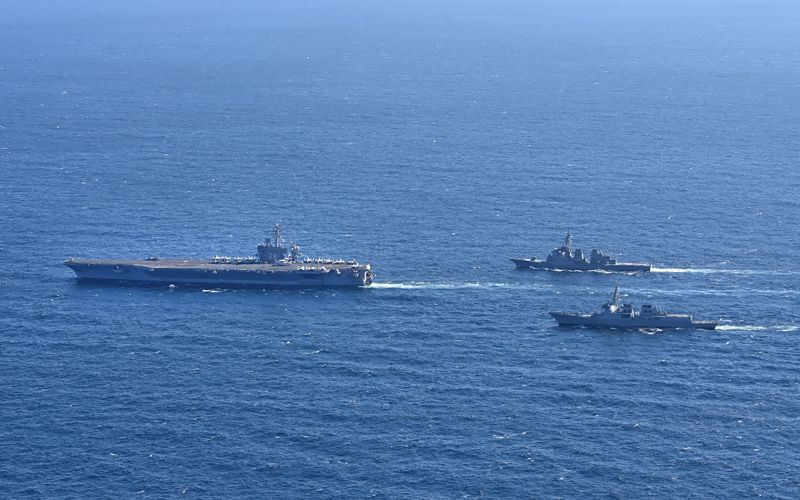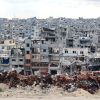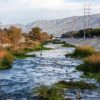North Korea on Friday claimed it had successfully tested an underwater nuclear weapons system earlier this week in response to naval drills by the United States, South Korea and Japan.
According to North Korean state media, its military conducted a new test of its underwater nuclear-capable drone, the Haeil, in waters off the southern end of the peninsula, in response to what it described as “frantic” and “provocative” US allied military exercises.
Following tests of the Haeil system last year, North Korean state media said it could carry a nuclear warhead that could create a “radioactive tsunami,” though analysts at the time said Pyongyang offered no proof.
North Korean state media on Friday did not show evidence for the success of the latest test, but warned the US, South Korea and Japan of the “catastrophic consequences” of their actions.
“The armed forces of (North Korea) will strike horror into their hearts through responsible, prompt and bold exercise of its deterrent,” said the Korea Central News Agency (KCNA) report.
The US-led trilateral naval exercises, which included aircraft carrier USS Carl Vinson, Japanese helicopter carrier JS Hyūga, and guided-missile-equipped surface ships from the three partners, were conducted to “advance the deterrence and response capabilities to North Korea’s nuclear, missile and underwater threats,” South Korea’s Joint Chiefs of Staff said.
A statement from the US Navy 7th Fleet said the exercises near Jeju island demonstrated the three navies’ “commitment to bolstering regional security and stability in the Indo-Pacific.”
Pyongyang called the exercises “an act of seriously threatening the security” of North Korea that further destabilized the situation in the region, according to state media.
“The U.S., Japan and the Republic of Korea are getting frantic in their provocative military exercises,” the KCNA report said.
Already high tensions on the Korean Peninsula have been growing since late December when KCNA reported that leader Kim Jong Un had instructed the country’s army, munitions industry, nuclear weapons and civil defense sectors to accelerate war preparations in response to “confrontation moves” by the US.
Kim followed that up by saying North Korea will no longer seek reconciliation and reunification with South Korea, a stance he reiterated earlier this week by telling the country’s Supreme People’s Assembly that a massive monument to the possible reunification of the Korean Peninsula that his father constructed in Pyongyang must be destroyed. Kim called it an “eyesore,” according to KCNA.
North and South Korea have been cut off from each other since the Korean War ended in 1953 with an armistice. The two sides are still technically at war, but both governments have long sought the goal of one day reunifying.
Relations have ebbed and flowed over the decades, but tensions have remained particularly high in more recent years after Kim ramped up the country’s nuclear weapons program in defiance of international sanctions.
In just the past month, North Korea has been stepping up military activities, including firing hundreds of artillery rounds into waters near a disputed border between North and South and testing what it said was a ballistic missile topped with a hypersonic glide vehicle.
Meanwhile, Kim on Monday called the South the North’s “primary foe and invariable principal enemy.”
Analysts say it all points to an even more intractable North Korea.
“If North Korea’s artillery fire near the inter-Korean maritime border was just part of routine training, it would be less concerning. But the Kim regime was also asserting that it will not be outdone regarding shows of force,” said Leif-Eric Easley, a professor at Ehwa University in Seoul.
“Pyongyang is going much further by rejecting dialogue, dismantling organizations for inter-Korean exchanges, and defining Seoul as an adversary,” he said.
“This appears to be an ideological adjustment for regime survival,” justifying Kim’s focus on nuclear weapons, Easley said.











